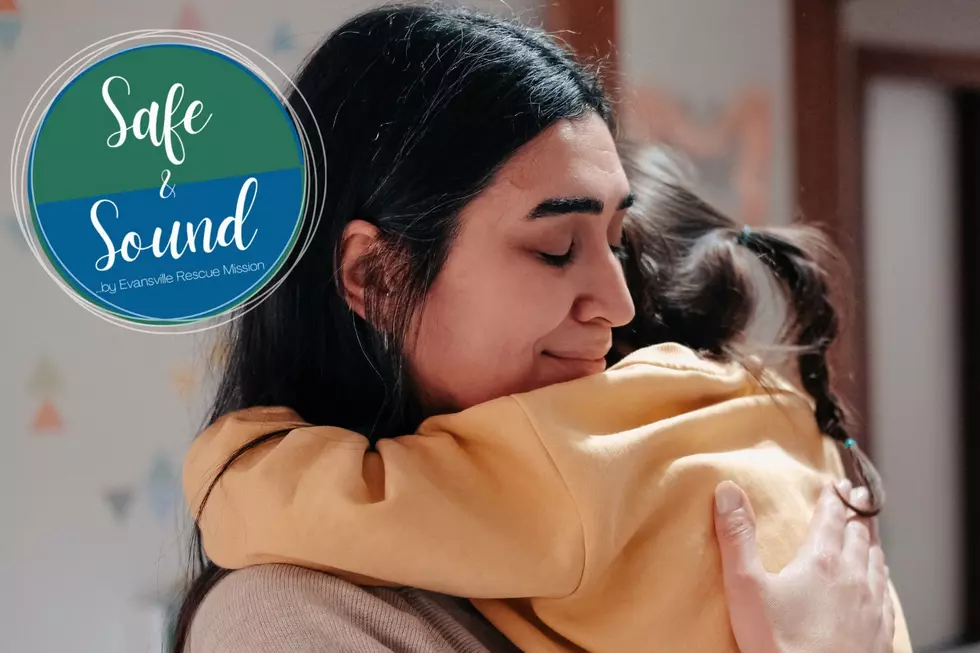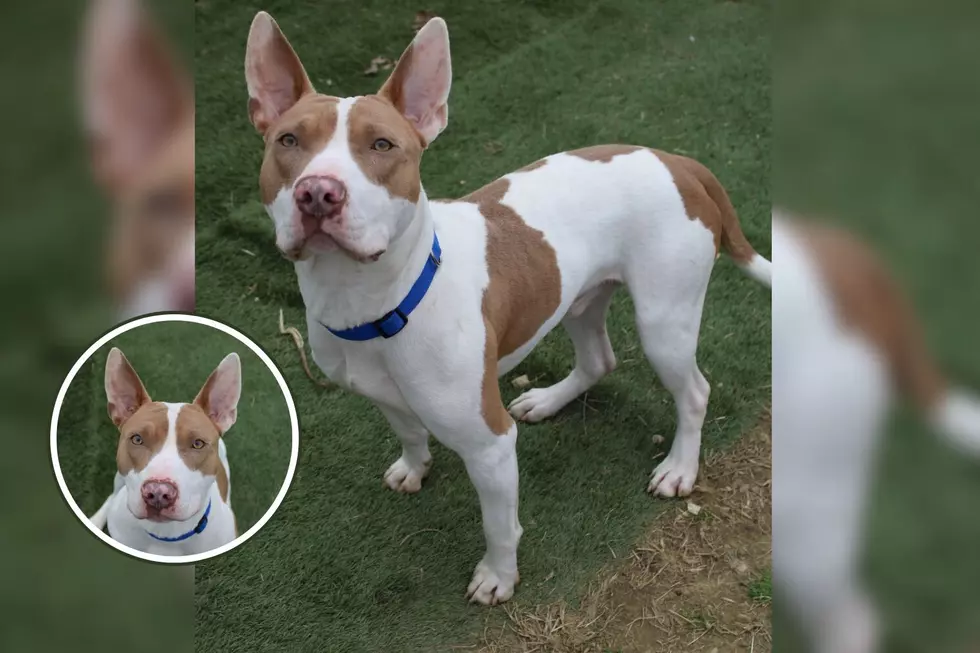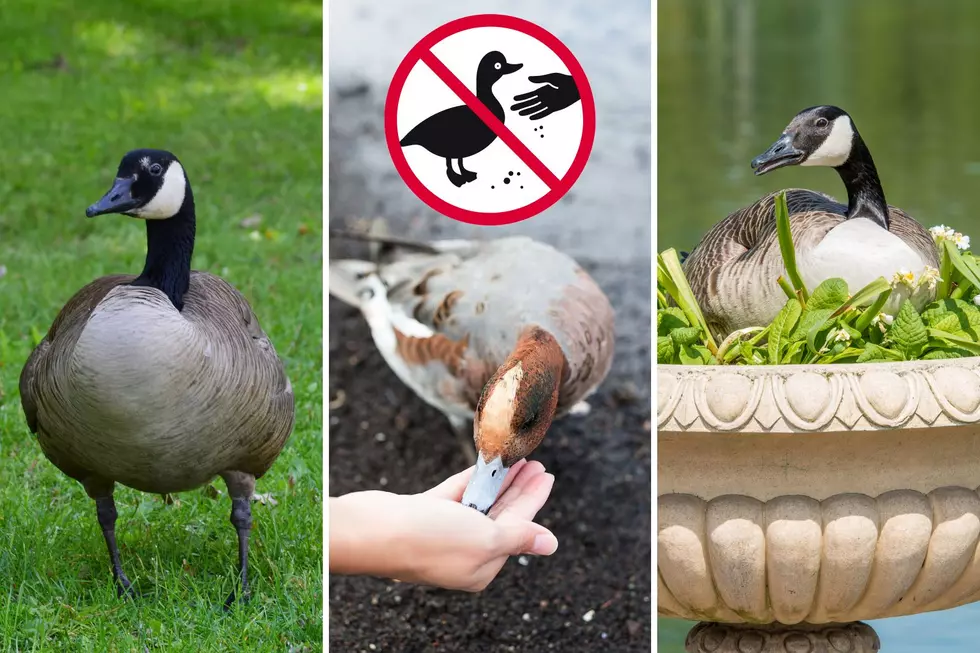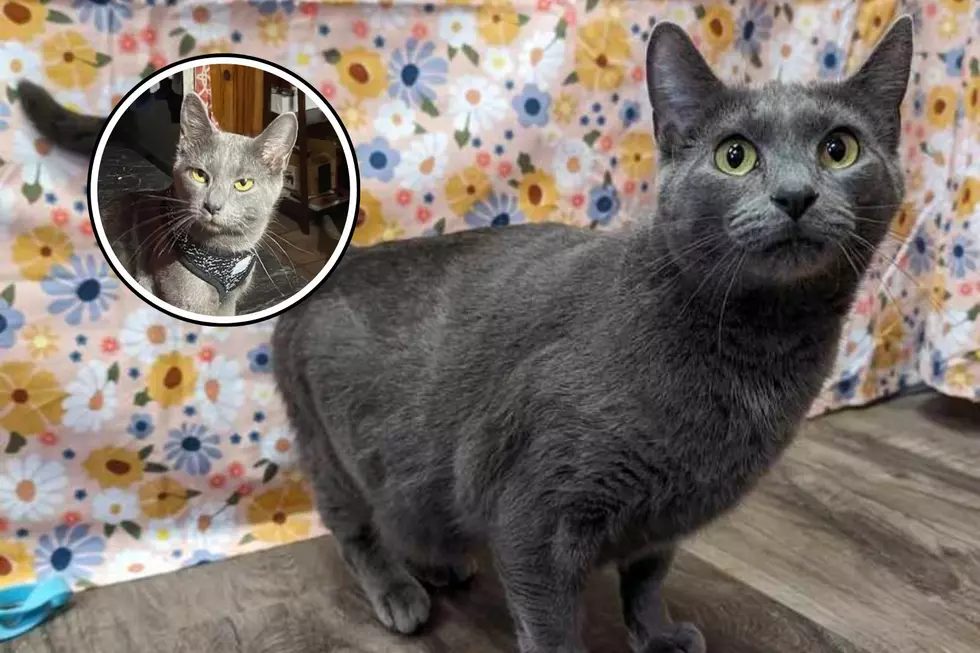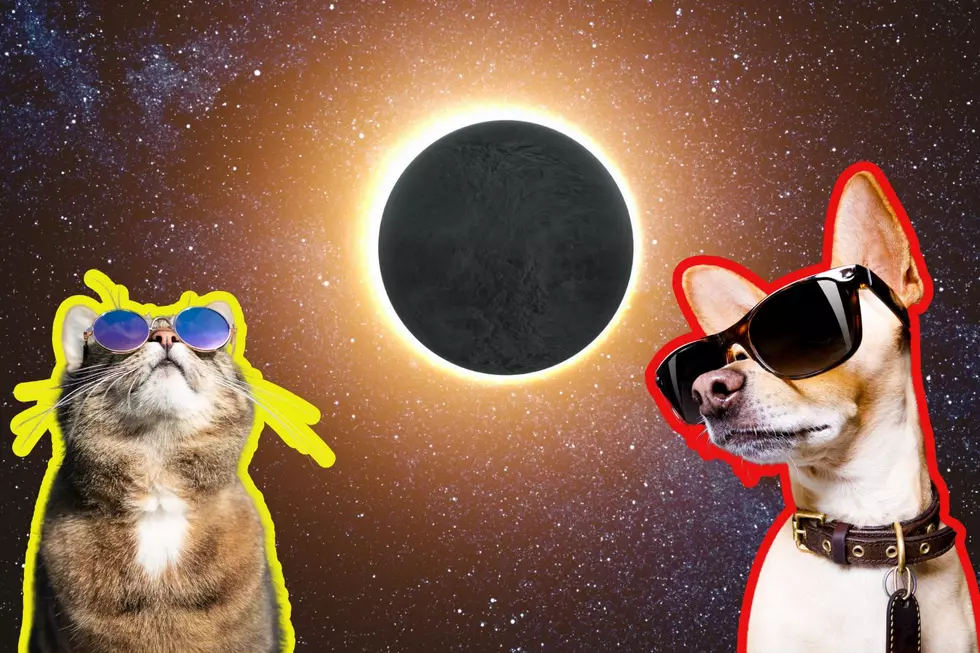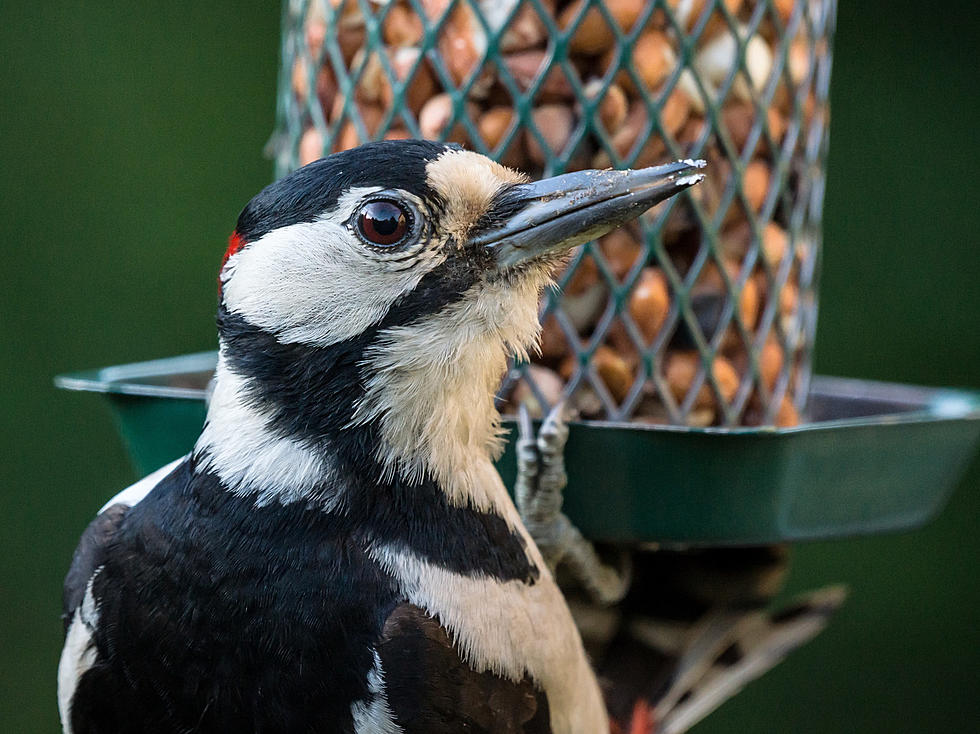
Indiana DNR Says Most Counties Can Resume Feeding Wild Birds Following Reports of Mysterious Illness
If you've missed being able to feed the birds in your neighborhood, and you live in Vanderburgh, Warrick, Posey, Gibson, and any other southern Indiana county, there's good news to share from the Indiana Department of Natural Resources (DNR).
Back in late June, the Department asked Hoosiers across the state to remove any bird feeders they had hanging around the property after receiving "more than 3,400 reports" of sick or dying birds from 72 of the state's 92 counties. After tests for avian influenza and West Nile virus in birds who had died came back negative, the Department determined a new, unknown illness was causing the illnesses and deaths; the common factor of which was "neurological signs of illness as well as eye swelling and crusty discharge."
While bird feeders were not considered the sole method by which the mystery illness was spreading, officials hoped that having residents take them down for a while would at the very least slow the spread of the disease and give them more time to learn about the illness.

In a press release distributed to media outlets Monday, the Department said it was safe for residents in all but 16 counties to use their feeders again. The press release did not give a name to the mystery illness or provide an update on how they believe it originated, but it did say the data showed it was consistently impacting birds in specific areas, none of which are in our area.
The counties still being asked to not use feeders are Allen, Carroll, Clark, Floyd, Hamilton, Hancock, Hendricks, Johnson, Lake, Marion, Monroe, Morgan, Porter, St. Joseph, Tippecanoe, and Whitley.
Even though none of the counties in our area are being asked to keep their feeders put away for the time being, the DNR does strongly suggest you clean your feeders every two weeks by scrubbing them with soap and water and letting them have a "short soak" in a 10% bleach solution before rinsing them thoroughly. They suggest hummingbird feeders get the same treatment, but on a once-a-week basis. Of course, you'll want to let them air out until they're fully dry before refilling them with feed and setting them out for your feathered neighborhood friends.
The Department has determined whatever the mysterious illness is that's affecting birds in the counties listed earlier, it does not pose a threat to humans, "the population of specific bird species, or to the overall population of birds in Indiana."
[Source: Indiana Department of Natural Resources]
LOOK: Here Are 30 Foods That Are Poisonous to Dogs
WATCH OUT: These are the deadliest animals in the world
More From My WJLT 105.3

